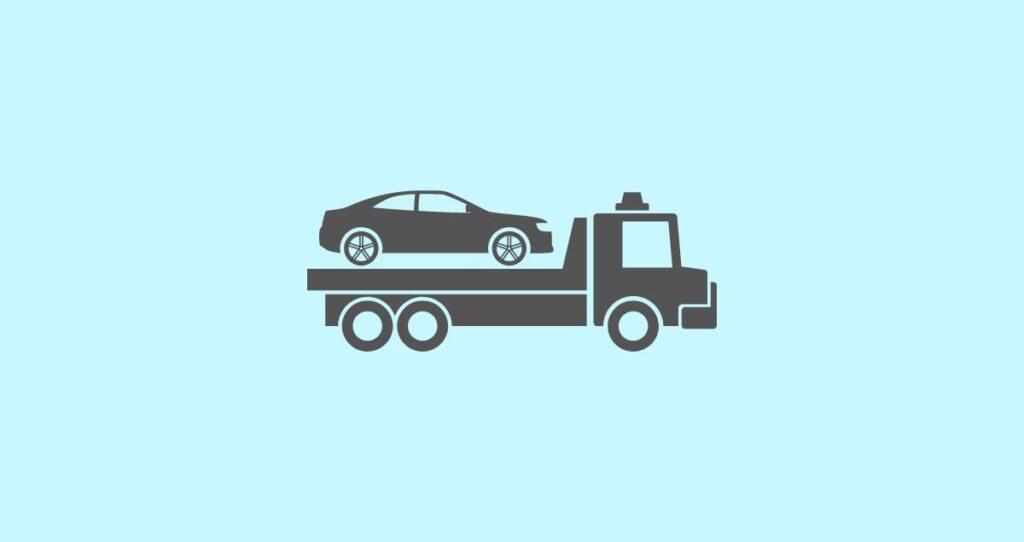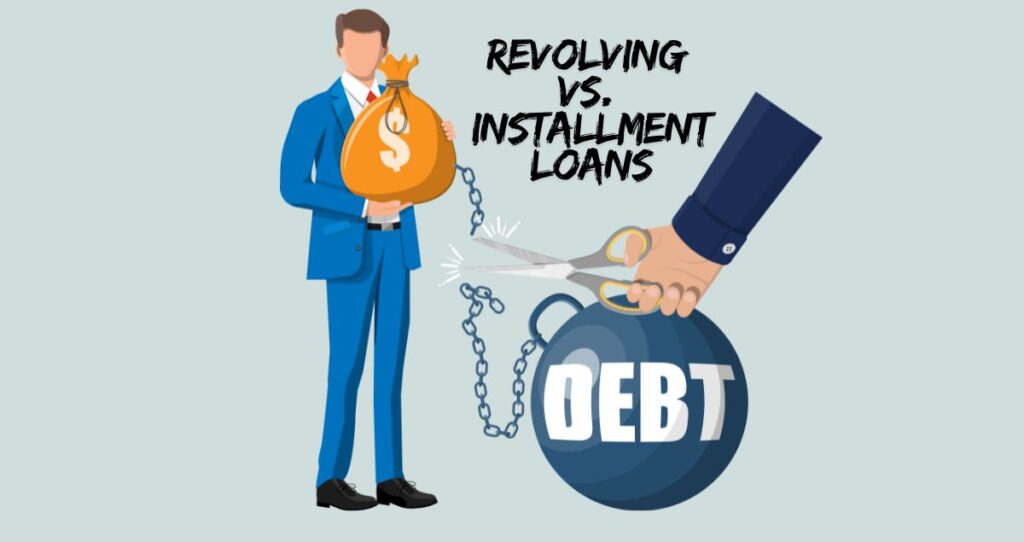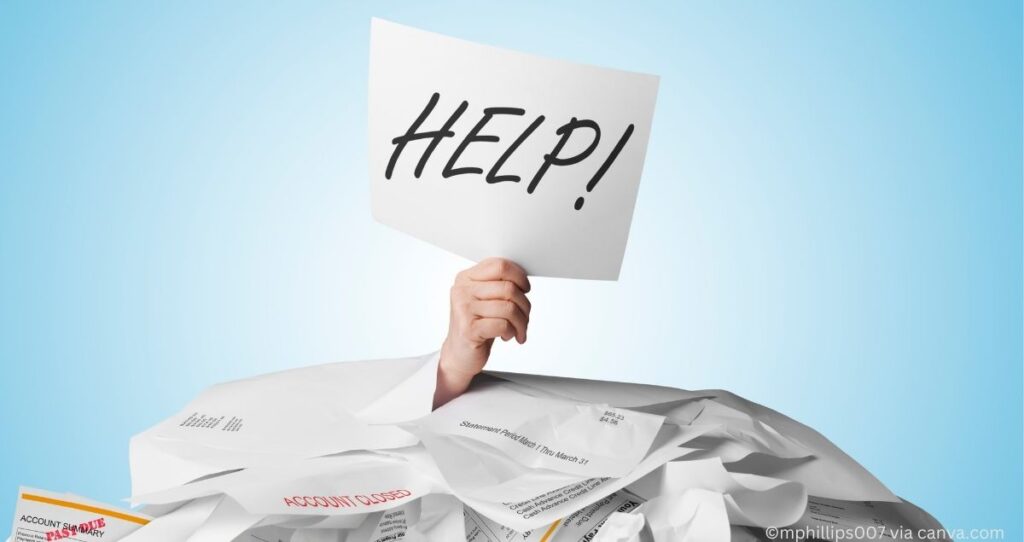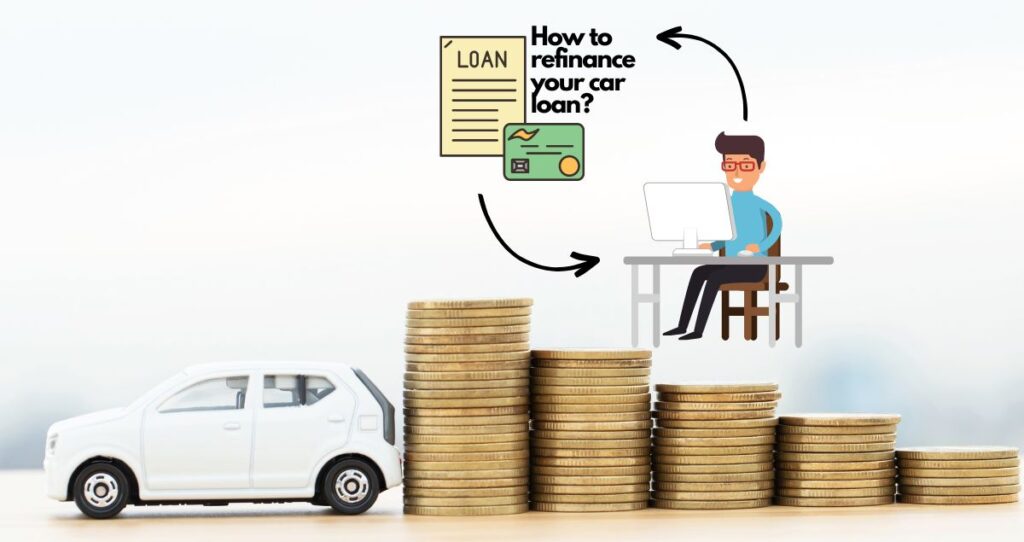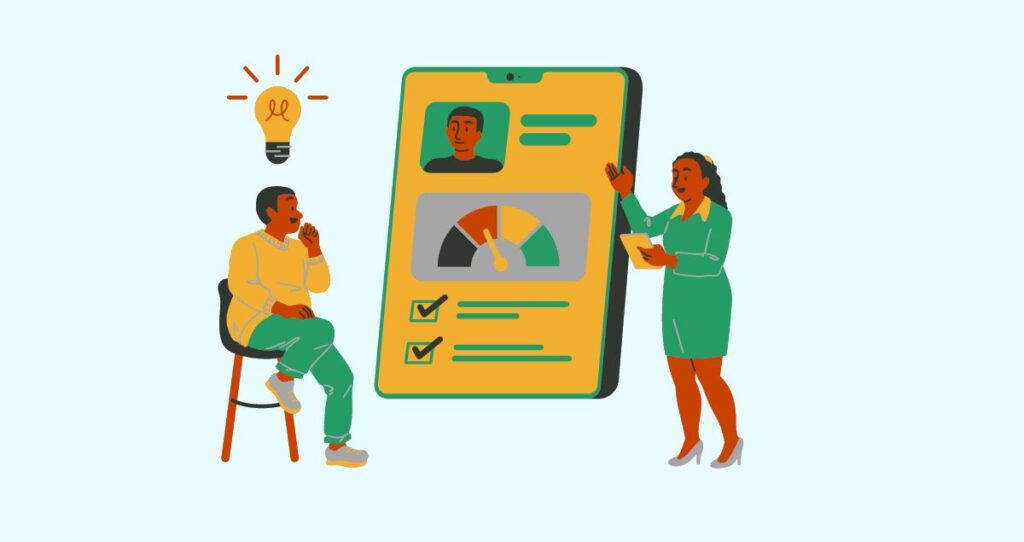If you are falling behind on your car payments, there are a few things you can do to avoid repossession of your car. The first and foremost important thing to do when falling behind on your loan payments is to communicate with your lender.
Don’t wait until the situation becomes dire before contacting your lender. Lenders are usually willing to work with consumers struggling to pay off their cars by offering loan modifications or other loan assistance. Another option to avoid repossession of your car is exploring refinancing options.
Refinancing your car loan can lower your monthly payments and make it easier to keep up with them. You can also surrender the car or trade it in to prevent repossession. Finally, understanding your legal protections is crucial when avoiding car repossession. By knowing your rights as a borrower, you can confidently navigate the repossession process and protect yourself from unfair practices.
What is car repossession?
If you took out a car loan, you may face car repossession when you fall behind on your payments or have no auto insurance.
So, what is a car repo, and how does it work?
A car repossession simply means that you have fallen behind on your car payments, and your loan company has decided to seize the car for the amount you owe. A repossession could also be initiated when you don’t have insurance on a car financed with a loan. But, your lender will more likely use force-placed insurance on your account and ensure you pay the premium with your monthly payments.
Before a repossession is initiated, you might receive a notice of loan default and potential repossession actions if you do not pay off your loan or take action to prevent repossession. Typically, lenders repossess vehicles after the loan officially defaults, usually when your payments are 90 days past due.
Why would your lender repossess your car?
When you finance a car purchase with a car loan, the car belongs to your lender until you pay it off. The bank owns the car, and the only way to keep it is by making your monthly payments per the loan contract. When you fail to pay, the lender repossess the car to recover the unpaid loan balance.
If you are facing financial hardship and cannot afford your monthly payments, the following are tips to avoid having your car repossessed.
1. Communicate with your lender
Communicating with your lender is one of the most important steps to avoid car repossession. Ignoring their calls and letters will only make matters worse. You should communicate changes in your financial situation as soon as you get that information. Instead, reach out to them proactively and explain your financial situation.
The lender will first try to work with you to find a solution. Your lender makes money only if you can keep the car and pay it off. That is why most lenders work with you to avoid repossessing your car. You might qualify for a loan payment structure that fits your budget by adjusting your payment plan or temporarily lowering your interest rate.
Plus, keeping the lines of communication open shows that you’re trying to meet your obligations and can help build trust between you and your lender.
2. Explore refinancing options
It is always smart to take action when you realize you are facing the risk of car repossession. If communicating with your lender doesn’t yield the desired results, it may be time to explore refinancing options.
Refinancing your car loan can lower your monthly payments and make them more manageable, significantly reducing your risk of repossession. However, it’s important to research and ensure you get a good deal before refinancing your loan.
Use the following tips to get a good deal when refinancing your car loan.
- Look for reputable lenders
- Compare interest rates and terms,
- Read the fine print carefully to avoid any surprises down the line.
- Improve your credit score to further qualify for a much lower interest rate.
Again, refinancing your car could be the best strategy to avoid car repossession and stay on the road to financial stability. But, ensure you are not getting ripped off by the new lender.
3. Understand your legal protections
Understanding your legal protections is also crucial when trying to avoid car repossession. The law offers several safeguards that protect you from unfair repossession practices. For instance, most states require lenders to provide you with notice before repossessing your car, and they must comply with state laws regarding the repossession process. For example, in MN state, a creditor must send the Cobb Letter to the consumer, which serves as a warning for late payments or not paying their loans, according to Rights Protection Law Group.
Additionally, other state laws prevent lenders from using violence to take your car, which is known as a breach of peace. You might also have the right to redeem your vehicle by paying the outstanding loan balance plus any repossession and storage fees before selling the car.
4. Sell the car
If all else fails and repossession cannot be avoided, there is still a way to salvage the situation. Selling the car may be a viable option to consider when trying to avoid repossession of your vehicle. It may be difficult to part with a valuable asset, but selling the car can provide the funds needed to repay the loan and avoid the negative effects of repossession.
Before selling the car, it is important to determine its value and set a fair price. Consulting with a trusted mechanic or using online appraisal tools such as Kelly Blue Book can help estimate the car’s worth. You need to act fast to avoid repossession by selling your car. Post your car on Craigslist and Facebook Marketplace and advertise it on social media to increase your visibility.
5. Request a loan modification
Are you having trouble making the full monthly loan payments? If so, a loan modification is the best way to avoid having your car repossessed.
A loan modification is a request to make changes to the terms of your loan to make it more affordable. This could include a lower interest rate, a longer repayment period, or even a reduction in the total amount owed. The goal is to make your monthly payments more manageable so that you can keep your car and avoid repossession.
To request a loan modification, contact your lender and provide them with your financial information. This will include your income, expenses, and any extenuating circumstances making it difficult to make your payments. Your lender will use this information to assess whether you qualify for a modification and what changes can be made to your loan.
Remember that your lender is not obligated to accept your loan modification requests. However, since lenders make money only when you pay off your loan and are not in the business of repossessing cars, they are always willing to make changes to the loan terms and make it affordable. Avoiding repossession of your vehicle benefits you and the lender simultaneously.
6. Park your car to avoid repo
If you have exhausted all efforts and repossession is inevitable, you may wonder if there is anything you can do to delay or prevent it. One option to consider is parking your car safely and securely.
When finding a place to park your car, it is essential to be strategic. Avoid parking your vehicle in obvious locations like your driveway or a nearby parking lot. Instead, look for inconspicuous areas, such as a friend’s or family member’s garage or a secluded street. You can also keep the car in your garage and keep it locked. Since agents cannot breach the peace, they will not forcefully cut the lock or unlock your garage.
While parking your car may delay repossession, it is not a long-term solution. If you cannot make your loan payments, a repossession will eventually occur. It is a matter of time. The repossession man might get a court order and later come with a sheriff.
7. Surrender the car
Voluntarily surrendering your car is a better alternative to having it repossessed. Yes, you will lose the car, but you will avoid repossession fees and the headache associated with repossession.
To surrender your car, inform your lender that you intend to return it. You can then agree on the drop-off location and who will take the car. Keep in mind that surrendering your car does not erase your loan balance.
Your lender will sell the car and use the proceeds toward your balance. You will be liable for any remaining balance on the loan.
Can you trade in a car to avoid repossession?
Are you in financial hardship where you can no longer afford to pay off the car? In this case, trading in your vehicle to avoid repossession might be a viable solution. However, it is essential to note that trading in your car to pay off your existing loan may not necessarily eliminate your debt. In many cases, the amount you owe on the original loan will be rolled onto the new loan for the car you are trading in for.
Before considering this option, assessing your financial situation and determining if trading in your car is the best solution is important. If you cannot make car payments, trading in your car may only be a temporary solution. It is important to explore all your options and consider seeking professional financial advice to avoid defaulting on your loan and the potential consequences of repossession.
Can you make payments to avoid car repossession?
Lenders are in the business of making money by extending loans to borrowers. So, if your car has been repossessed, paying off your loan can help you avoid repossession in some states. Although the rules vary by state and loan contracts, you might get your loan reinstated. This process is also known as curing the default, according to Bankrate.
If your lender did not include reinstatement in your loan contract and your state does not allow reinstatement, consider other alternatives, such as requesting a loan modification.
Remember that before your loan is reinstated, you might be required to pay all outstanding balances. Since the loan will default, the balance will include all missed payments, interest charges, and associated repossession fees.
How do you negotiate car repossession?
Facing repossession is unfortunate and can have long-lasting effects on your credit and finances. That is why negotiating with your lender and preventing repossession is always smart, especially when falling behind on your car payments.
While it may seem daunting, avoiding car repossession is worth trying. Start by reaching out to your lender and explaining your situation. Be honest about your financial struggles and ask if there is any possibility of a modified payment plan or extension on your due date.
Ensure you have financial records, expenses, and proof of financial hardship. For example, if you recently got a divorce or lost a family member and had to cover funeral costs, these could be meaningful reasons to negotiate your car repossession.
If negotiations are successful, get any agreement in writing and keep a copy for your records. Follow through on the modified payment plan and communicate with your lender if any issues arise.
Can my car be repossessed if I make partial payments
If you’re struggling to make car payments, you may wonder if making partial payments will protect you from repossession. Unfortunately, the answer is no. Even if you make partial payments, your lender can still repossess your vehicle if you fall behind on payments or breach the terms of your loan agreement.
According to LawHelpMN.org, a partial payment will stop the repossession only if you sign a new contract to make such a payment. However, your lender might give up their rights if they regularly take a partial payment and decide to repossess your vehicle without telling you that you are facing repossession or sending you a loan default and repossession notice.
Again, it is in your lender’s best interest to work with you to avoid repossession of your car. So, if you can afford to make reduced payments, contact your lender and negotiate the terms of your loan before things get out of control.
What happens if you stop making car payments
paying your car loan on time and in full is essential to establishing good credit and avoiding repossession. However, circumstances beyond our control, such as job loss or a medical emergency, can make it impossible to keep up with payments. If you are in this situation and cannot make your car payments, it’s important to understand what will happen next.
When you stop making car payments, your car loan will default. Defaulting means you have violated the original contract’s terms by not paying off your loan as agreed. Your lender will likely initiate the repossession process, which can lead to the loss of your car and damage to your credit score.
Can you go to jail for hiding your car from repossession?
Although some might consider hiding their cars from the repo man, this action can land you in more trouble. It is important to understand that hiding your car from repossession is not only unethical, but it can also be illegal. While every state has different laws, you may face criminal charges for hiding your car from repossession.
In most cases, lenders can repossess your car if they follow the proper legal procedures. Hiding your car from repossession can be seen as an attempt to obstruct the repossession process, which could be an illegal offense in some states. Additionally, your actions can still have consequences even if you’re not charged with a civil offense. For example, if you falsely report your car as stolen to avoid repossession, you can be charged with filing a false police report.
According to the Castle Law Office, sopping repossession is not criminal. Instead, it is a civil matter. For this reason, you cannot go to jail for trying to stop your car repossession peacefully. Remember that the repo man can come with a local Sheriff to oversee the process and maintain peace in case of retaliation.
Instead of trying to hide your car from repossession, it’s essential to communicate with your lender and explore your options. This may include negotiating a payment plan or selling your car to repay your loan.
How to get back on your feet after a car repossession
If you’ve already experienced car repossession, don’t panic. There are steps you can take to start rebuilding your financial situation. The first thing you should do is contact your lender to learn about your options to get your car back. You may be able to redeem your vehicle by making up missed payments and paying any fees associated with repossession.
If you get your car back or decide to get another loan, establish a budget first. Take a hard look at your income and expenses to figure out what you can afford to pay each month, and then stick to it. It’s always better to make smaller, consistent payments than to promise a large sum and fail to deliver.
You might also need to purchase a much cheaper used car instead of getting another expensive car loan. There are many benefits to buying a used car that you should consider the next time you purchase a vehicle.
It’s also important to recognize that a car repossession will negatively impact your credit score. It may take some time to rebuild your credit, but the first step is to start making your payments on time and avoid missing any future payments.
The bottom line
Avoiding repossession of your car may seem impossible, but you can prevent it by following the tips and advice in this article. Communicating with your lender, exploring refinancing options, understanding your legal protections, and taking action to prevent repossession are all crucial steps toward keeping your car and financial stability intact.
Extra financial tips
What is The Best Loan For Buying A House?
